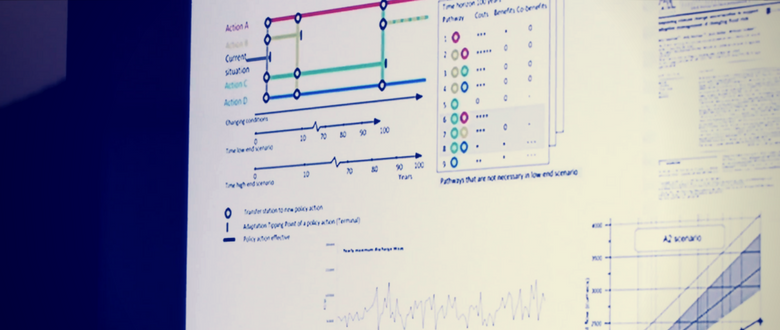Yakov Ben-Haim, Does a better model yield a better argument? An info-gap analysis, Proceedings of the Royal Society, A. 5 April 2017
http://rspa.royalsocietypublishing.org/content/473/2200/20160890
Abstract: Theories, models, and computations underlie reasoned argumentation in many areas. The possibility of error in these arguments, though of low probability, may be highly significant when the argument is used in predicting the probability of rare high-consequence events. This implies that the choice of a theory, model or computational method for predicting rare high-consequence events must account for the probability of error in these components. However, error may result from lack of knowledge or surprises of various sorts, and predicting the probability of error is highly uncertain. We show that the putatively best, most innovative and sophisticated argument may not actually have the lowest probability of error. Innovative arguments may entail greater uncertainty than more standard but less sophisticated methods, creating an innovation dilemma in formulating the argument. We employ info-gap decision theory to characterize and support the resolution of this problem and present several examples.
Keywords: Reasoned argument, modeling, uncertainty, high-consequence events, info-gap uncertainty, robustness, satisficing.
